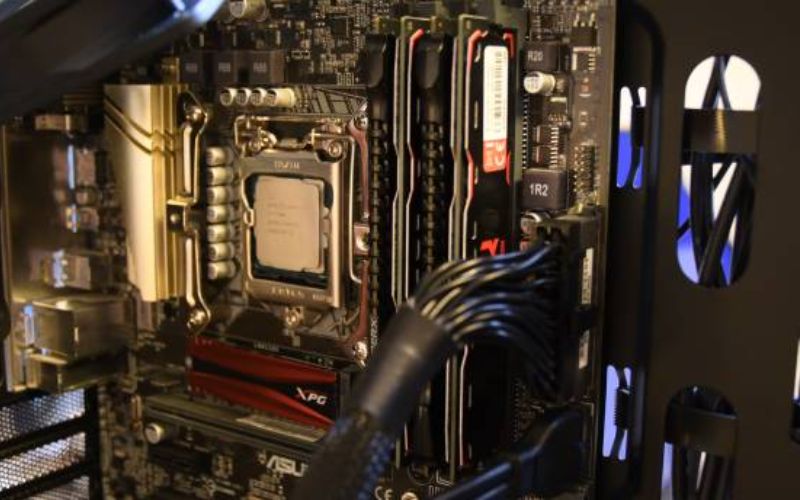Introduction: Understanding What a Heat Sink Is
A heat sink is a device designed to dissipate heat from electronic devices, and it is an essential component in applications where electronics operate for long periods. It is therefore crucial to have an effective heat sink to prevent overheating and consequent damage to electronic devices. Many materials can be used to make heat sinks, including aluminum, which is currently the most popular. In this article, we will explain why aluminum is an excellent material for a heat sink.
High Thermal Conductivity
When choosing a heat sink material, it is essential to consider the thermal conductivity of the material. Thermal conductivity refers to the ability of a material to conduct heat. Aluminum has high thermal conductivity, which means that it conducts heat exceptionally well. This means that aluminum can absorb heat from the electronic device and transfer it away efficiently. Due to this characteristic, aluminum is an excellent heat sink material.
Lightweight and Affordable
Another reason why aluminum is a good heat sink material is that it is lightweight and affordable. Compared to materials such as copper, aluminum is much lighter, which makes it ideal for applications where weight is an issue. Furthermore, aluminum is one of the most affordable metals available, and its use as a heat sink material is therefore cost-effective.
Easy to Shape
Aluminum is also an easy material to shape, and it can be easily formed into the required shapes and sizes for heat sinks. This makes it an ideal material for designers that require a customized heat sink design. The ease of shaping aluminum also means that the manufacturing of heat sinks made from this material is more cost-effective, further enhancing its popularity.
Durable and Resistant to Corrosion
Aluminum has high corrosion resistance and does not rust, which makes it a durable and long-lasting heat sink material. This quality makes it an ideal material for applications that are exposed to harsh environments and conditions. Additionally, heat-treated aluminum is resistant to thermal expansion and contraction and can withstand high temperatures, making it ideal for use in high-temperature applications.
Good Thermal Capacity
Thermal capacity refers to the amount of heat that a material can store. The higher the thermal capacity, the more heat the material can absorb before reaching the saturation point. Aluminum has a good thermal capacity, which means that it can absorb and store heat efficiently. This characteristic is particularly important for devices that generate a lot of heat and require efficient heat dissipation.
Excellent Conformability
Aluminum is an inherently soft metal that can deform under pressure, making it ideal for applications where conformity is essential. This quality also makes aluminum excellent to use as a heat sink material because it conforms well to the electronic device's surface, increasing its contact area. Increased contact area improves heat transfer efficiency and ultimately prevents the device from overheating.
Rapid Cooling
Aluminum is an excellent conductor of heat, and as such, it can absorb heat efficiently, which then facilitates rapid cooling. Heat sink materials need to operate at optimal cooling speeds to prevent overheating, and aluminum facilitates this through its rapid cooling ability. The heat absorbed by the aluminum heat sink dissolves into the surrounding air with ease, ensuring that the device remains at a constant temperature.
Environmentally Friendly
Finally, aluminum is an environmentally friendly heat sink material due to its recyclability. Aluminum can be recycled effortlessly without losing its properties, reducing waste and conserving natural resources. It is an ideal material for heat sinks because it is sustainable and reduces the carbon footprint of electronic devices that require heat sinks.
Conclusion: Why Aluminum Makes the Best Heat Sink Material
In conclusion, aluminum makes the best heat sink material due to its high thermal conductivity, thermal capacity, ease of shaping, durability, conformity, and cost-effectiveness. Additionally, aluminum is lightweight, rapid cooling, resistant to corrosion, and environmentally friendly, making it a versatile material for a variety of heat sink applications.

